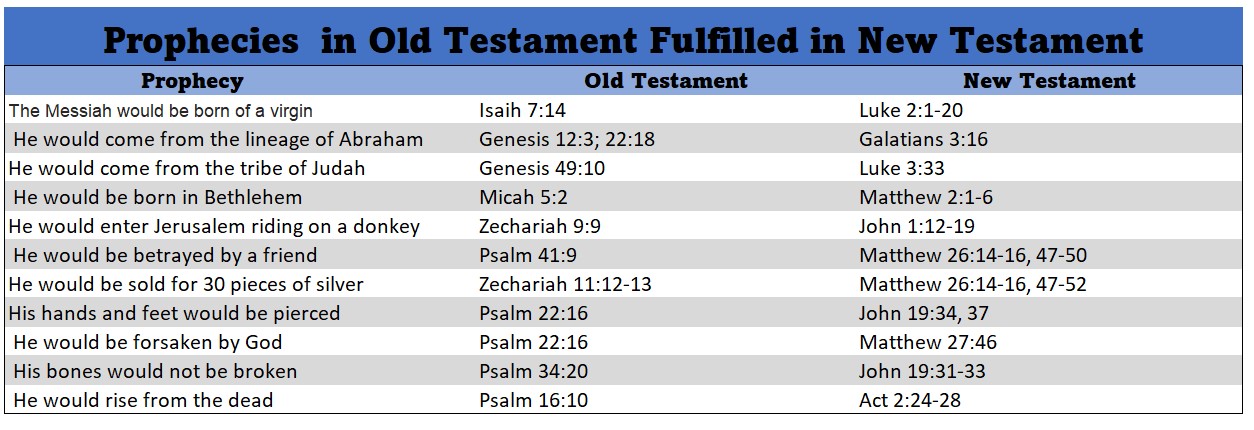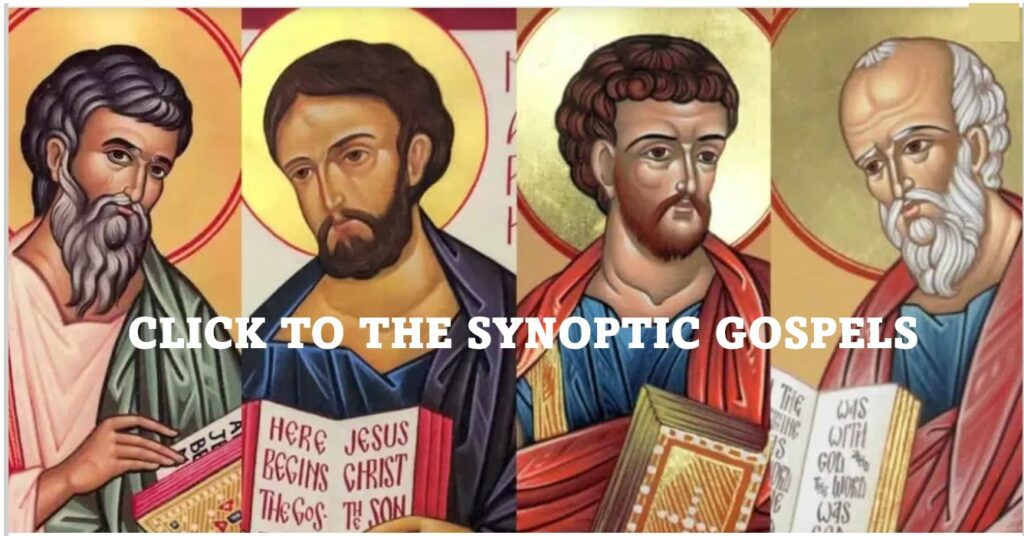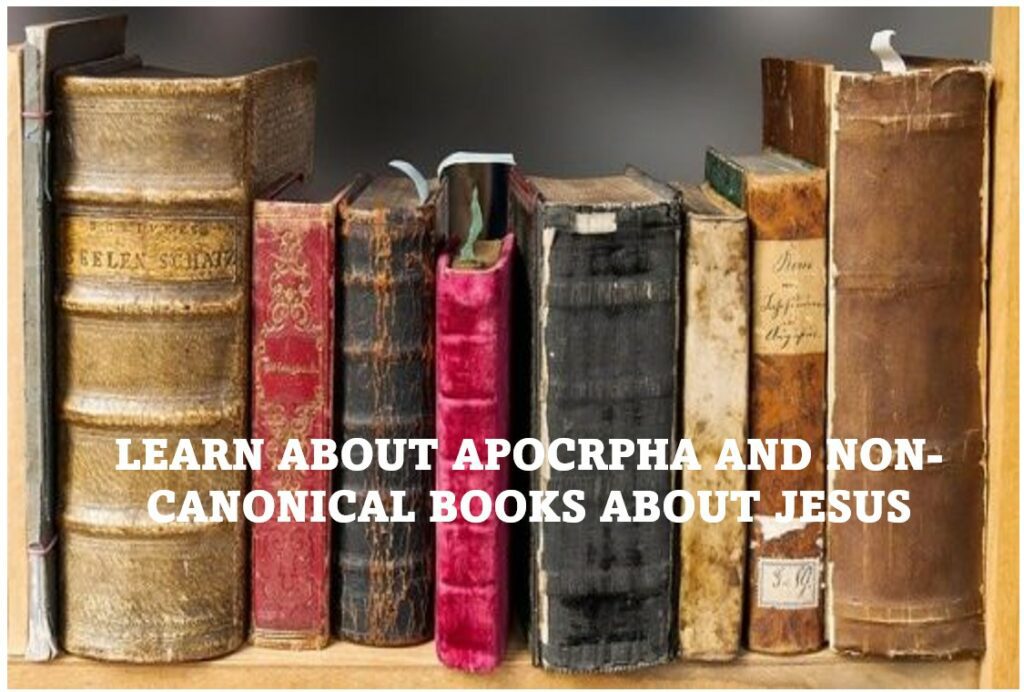The Biblical Jesus

Old Testament Prophesy About a Messiah
For Christians, the life and ministry of Jesus Christ are understood as the fulfillment of numerous prophecies and foreshadowing found throughout the Old Testament. These prophecies, penned centuries before his birth, are viewed by Christians as a testament to the divine plan and purpose embodied in Jesus. They see “types” or foreshadowing in the Old Testament, rather than strictly literal predictions. Events or figures in the Old Testament resonate with what they see as later fulfillments in Christ, emphasizing thematic consistency rather than point-by-point accuracy. Some Christians emphasize the limits of human understanding so that not all prophecies will make perfect sense. They trust that God’s overarching purposes are at work, even if humans can’t always grasp the specifics. Finally, Christians highlight the progressive nature of Biblical revelation. Prophecies in the Old Testament offered glimpses of God’s plan, which found clearer and more complete fulfillment in Jesus Christ. Imperfect or incomplete earlier prophecies do not negate their value in this wider trajectory.

Jewish and Christian Differences
For Christians, prophecies form a foundation for Christian theology, illustrating the continuity between the Old and New Testaments and confirming that Jesus is the fulfillment of God’s promise of redemption. In their view, prophecies in the Old Testament offer glimpses of God’s plan, which become clearer and more complete in Jesus Christ. However, Jesus’s message and its transmission differed from the ways the Jewish tradition experienced and shared revelation:
- Person vs. Proposition: In traditional Judaism, revelation focuses primarily on divinely inspired laws and teachings (Torah). The revelation is a set of propositions and commandments. In contrast, Jesus was the living embodiment of God’s message. His life, actions, and teaching were seen by his followers as the fulfillment and culmination of God’s revelation.
- Universal vs. National: While Judaism sees God’s chosen people as the Jewish nation, formed through a covenant, Jesus presented a message that transcended ethnic and national boundaries. The Kingdom of God was offered to all, emphasizing a salvation open to both Jew and Gentile.
- Oral Tradition vs. Written Law: Judaism emphasizes the written Torah and its interpretation through rabbinic tradition. While Jesus also engaged in the oral transmission of teachings through parables and sermons, the early Christian movement relied heavily on the oral witness of his disciples and the spread of his message before the emergence of written Gospels.
- Missionary Zeal: Early Christians engaged in a vigorous missionary expansion that rapidly spread the message of Jesus beyond its Jewish origins. This evangelistic zeal, aimed at converting both Jews and Gentiles, was a significant break from Judaism’s emphasis on maintaining tradition within its own community.
Prophesy Skeptics
Critics of prophecies such as Professor Bart Erdman of the University of North Carolina at Chapel Hill in the Department of Religious Studies, assert that many prophecies in the Bible are vague and open to broad interpretation. They can be molded to fit various events across history, undermining their predictive power. This makes confirmation bias a concern, where believers might see fulfillment where none was originally intended. Other prophecies have not come to pass. For example, Tyre was meant to be destroyed and never rebuilt (Ezekiel 26), yet the city recovered and persisted. Such examples challenge the idea of infallible divine prophecy in the Bible. Critics also suggest that many “fulfillments” of prophecy in the New Testament are based on flexible interpretations of Old Testament passages. They argue that the New Testament writers creatively reinterpreted existing texts to match Jesus’ life story rather than Jesus fulfilling predictions made long before his time. Finally, they claim that misunderstandings and mistranslations over centuries can further distort the original meaning of prophecies. Linguistic and cultural context surrounding these ancient utterances adds to the challenge of accurate interpretation.
The ongoing dialogue about the interpretation of these Old Testament prophecies sparks rich theological debates and interfaith understanding. For Christians, the life, death, and resurrection of Jesus Christ stand as the ultimate fulfillment of the promises and prophecies found within the Old Testament. Analyzing these parallels provides a fascinating lens through which to explore the foundations of Christian belief and the interconnectedness of the Old and New Testaments.



